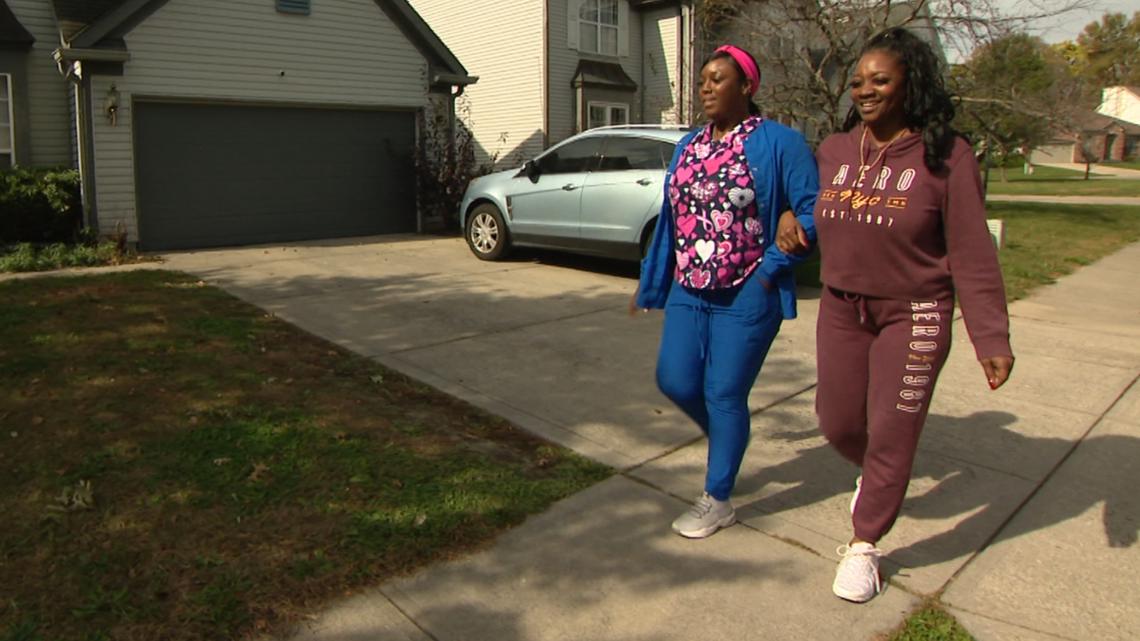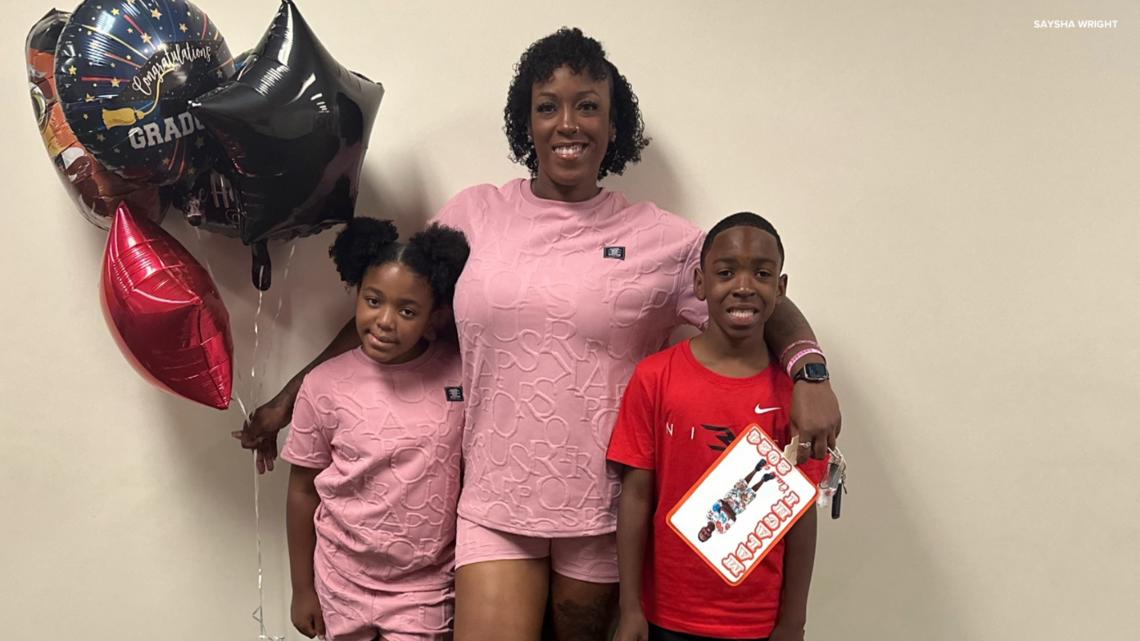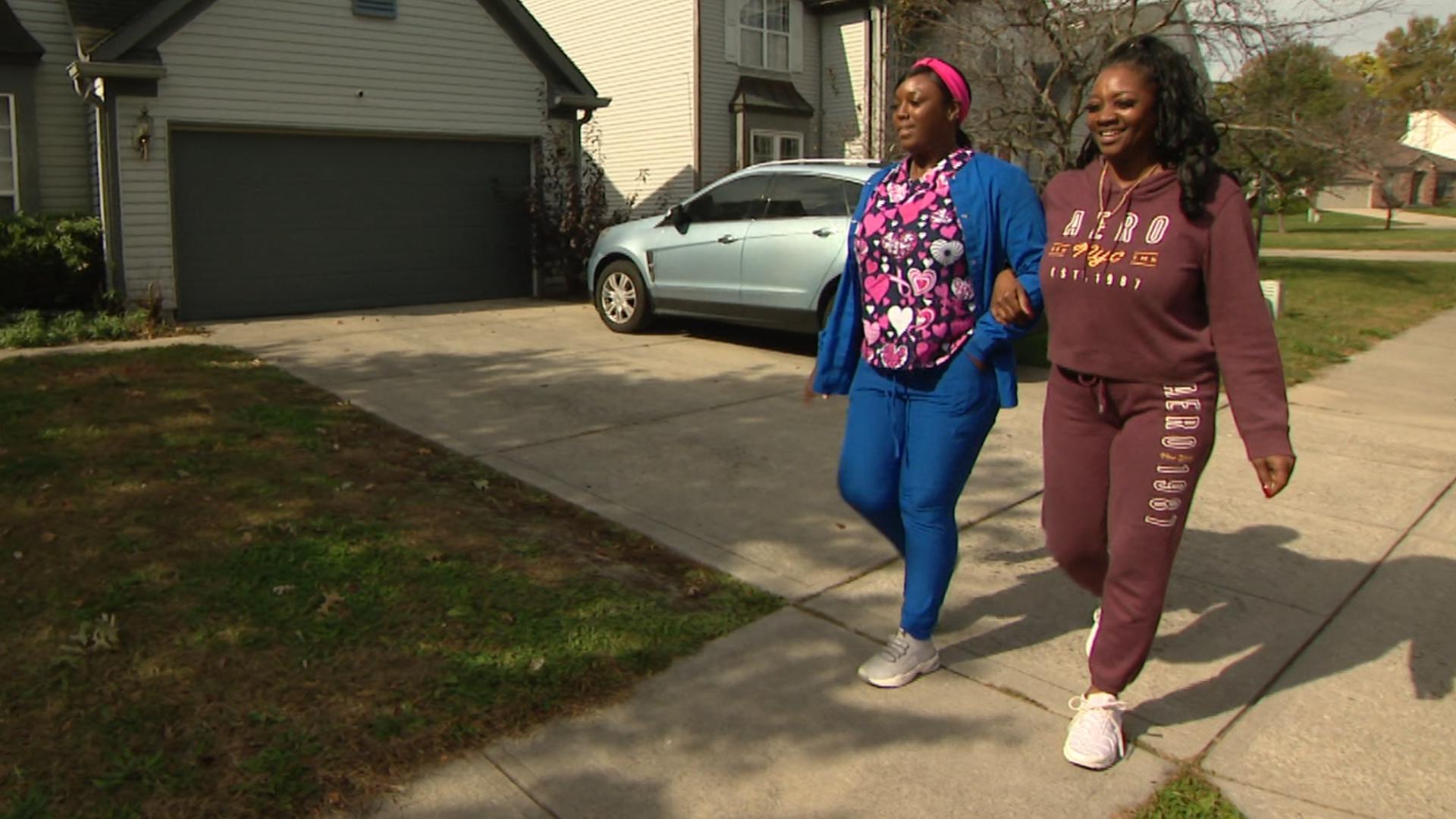INDIANAPOLIS — Battling breast cancer is no doubt a tough journey, but many Black patients often face more severe side effects.
"Neuropathy is inflammation of the nervous system. So, it usually effects the hands and feet. And people will say it feels like you're out in the cold weather too long — where it burns, stings, tingles," according to Dr. Bryan Schneider, a breast cancer researcher at IU Simon Comprehensive Cancer Center.
Research shows this side effect can be more severe and more common in Black breast cancer patients, causing doctors to dial back their life-saving medication.
"We were seeing inferior survival because of the dose reductions. So, not only is this impacting quality of life, but it's also impacting the likelihood that a woman would be cured of her breast cancer," Schneider said.
Saysha Wright is a breast cancer survivor who has been in remission for four years now. She was diagnosed at age 32 after she found a lump in her breast. (Currently, doctors recommend getting an annual mammogram starting at age 40.)


"I experienced the pain, the first or second treatment I had. And it was so bad, the nurse had to stop the treatment. I didn't even get that full course of treatment that day," Wright said.
Now, researchers at IU, along with Wright and around 250 other brave Black women, are working on finding a solution.
Typically, paclitaxel is given to treat breast cancer. However, their research found a different drug called docetaxel works better for Black women.
"So, the ability to better personalize therapies to minimize side effects, ultimately, will result in better survivorship and better survival," Schneider said.


For Wright, she had no choice but to fight for her life when she was diagnosed with Stage 2 breast cancer years ago. She wanted to be here for her two young children.
"My fight was not about myself. It was about them. I wanted to be around for them," said Wright, who also works in the medical field as a nurse.
In addition to her family, Wright said participating in this study to help other Black breast cancer patients is part of what helped her keep going. And her goal is to get other women of color to participate in scientific research.
"Maybe one day, for that younger Black woman that might get it, or older, not have to receive the neuropathy, the pain, and all that that comes with it because we'll reach a goal and actually find a cure one day. I believe one day we will," Wright said.

